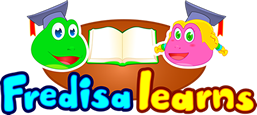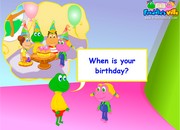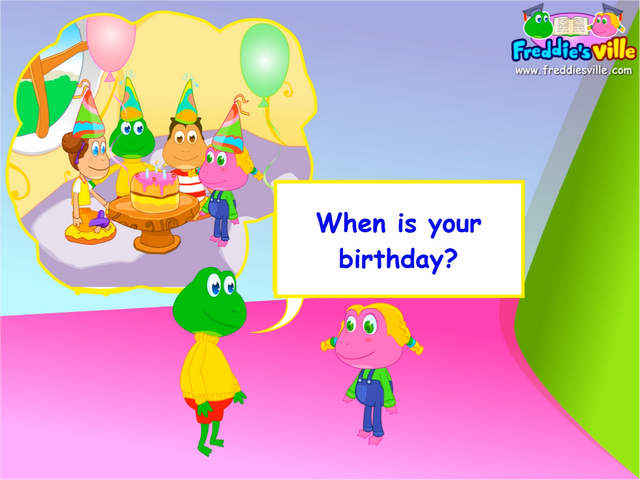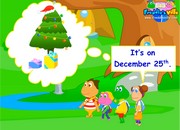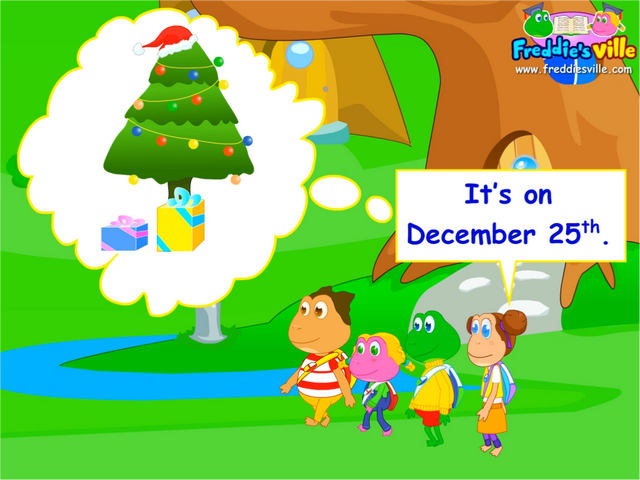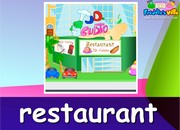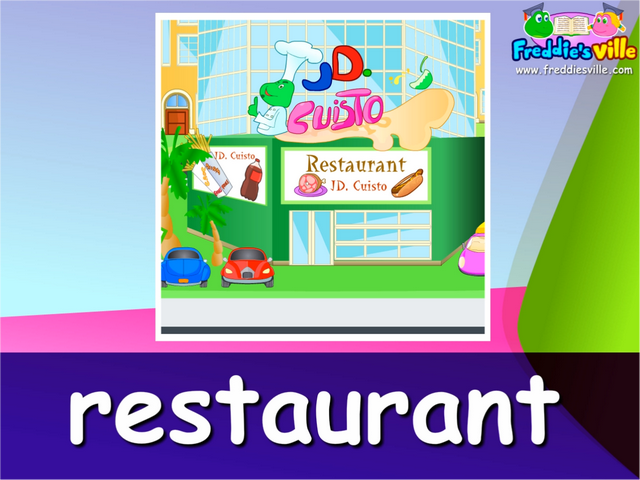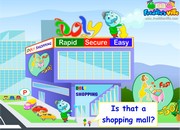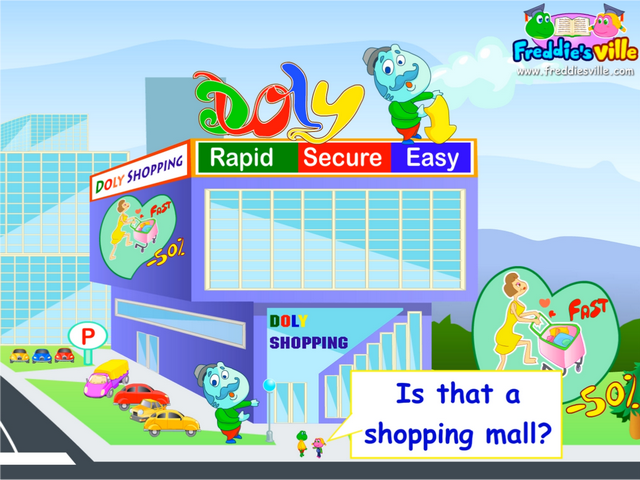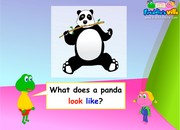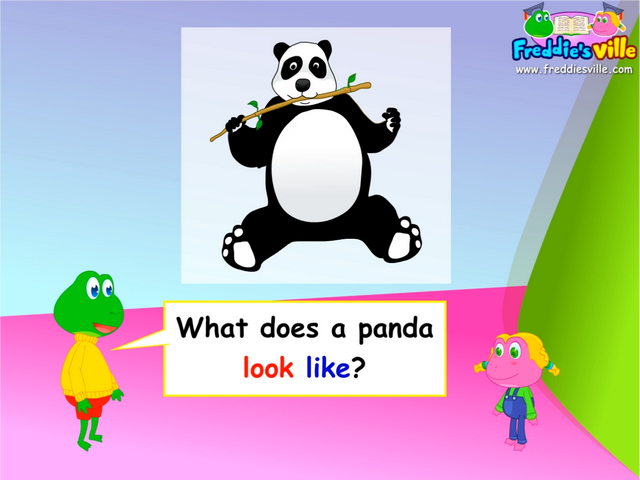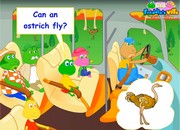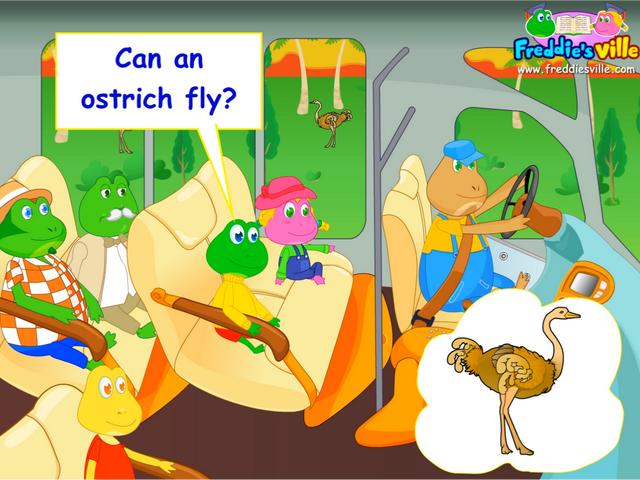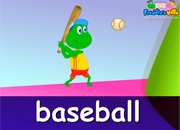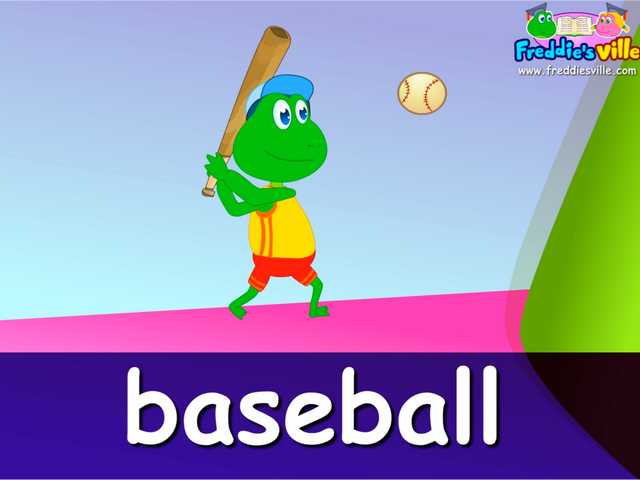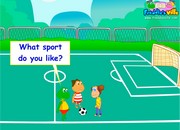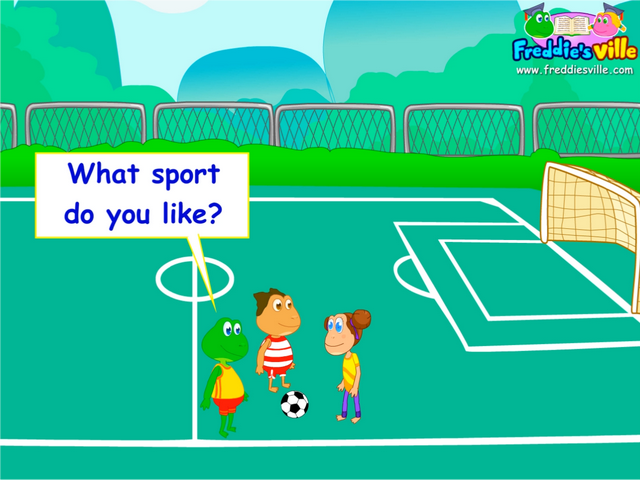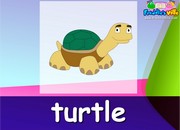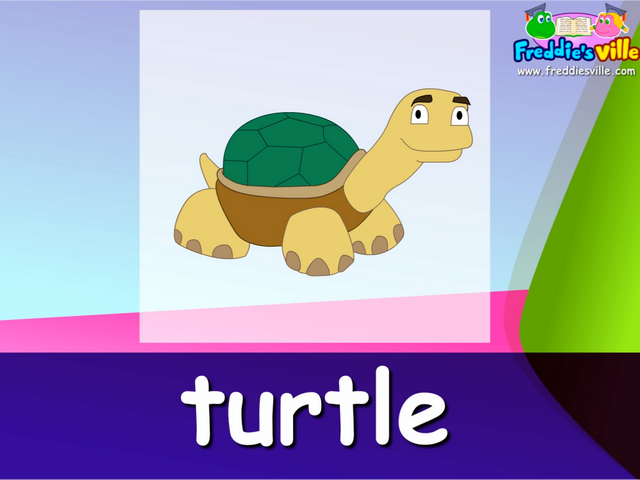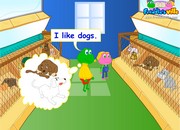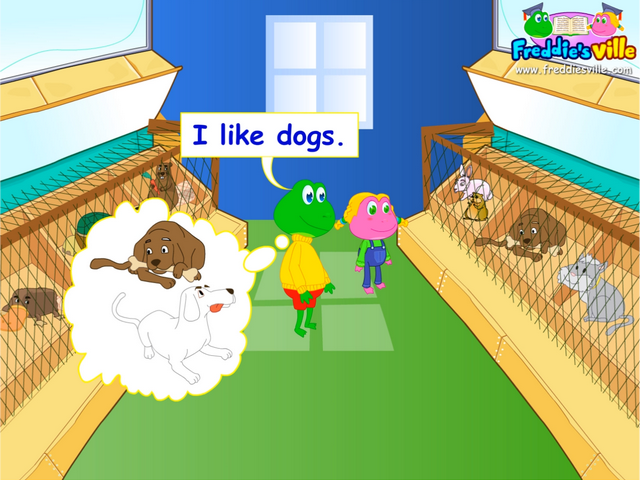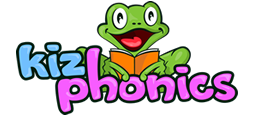Months & Festivals Words & Sentences
- Topic: Months, Festivals Words & Sentences ESL Lesson
- Vocabulary: months of the year- January, February, March, April, May, June, July, August, September, October, November, December. Festivals - Christmas, Halloween, New Year's Day, birthday. Ordinal Numbers - First, second, third, fourth, fifth, twentieth, twenty-first.
- Grammar: We add the suffix '-st, -nd, -rd, -th' to cardinal numbers to write ordinal numbers - example 1st, 2nd, 3rd, 4th. Ordinal number are used to show the position or rank in a sequential order. When talking about dates, we often use ordinal numbers to show position of a number relative to other numbers. For example there 31 days in December and Christmas in on the 25th day of December.
This lesson also focuses on another point which is using capital letters at the beginning of the months of the year and names of festivals.
Ordinal vs. Cardinal Numbers
- Halloween is on October 31st. (ordinal numbers)
- There are 31 days in October. (cardinal numbers)
Capital Letters at Start of Months & Festivals
- My birthday is on May 2nd. NOT My birthday is on may 2nd.
- When is Christmas? NOT When is christmas?
- When is Halloween? NOT When is halloween?
